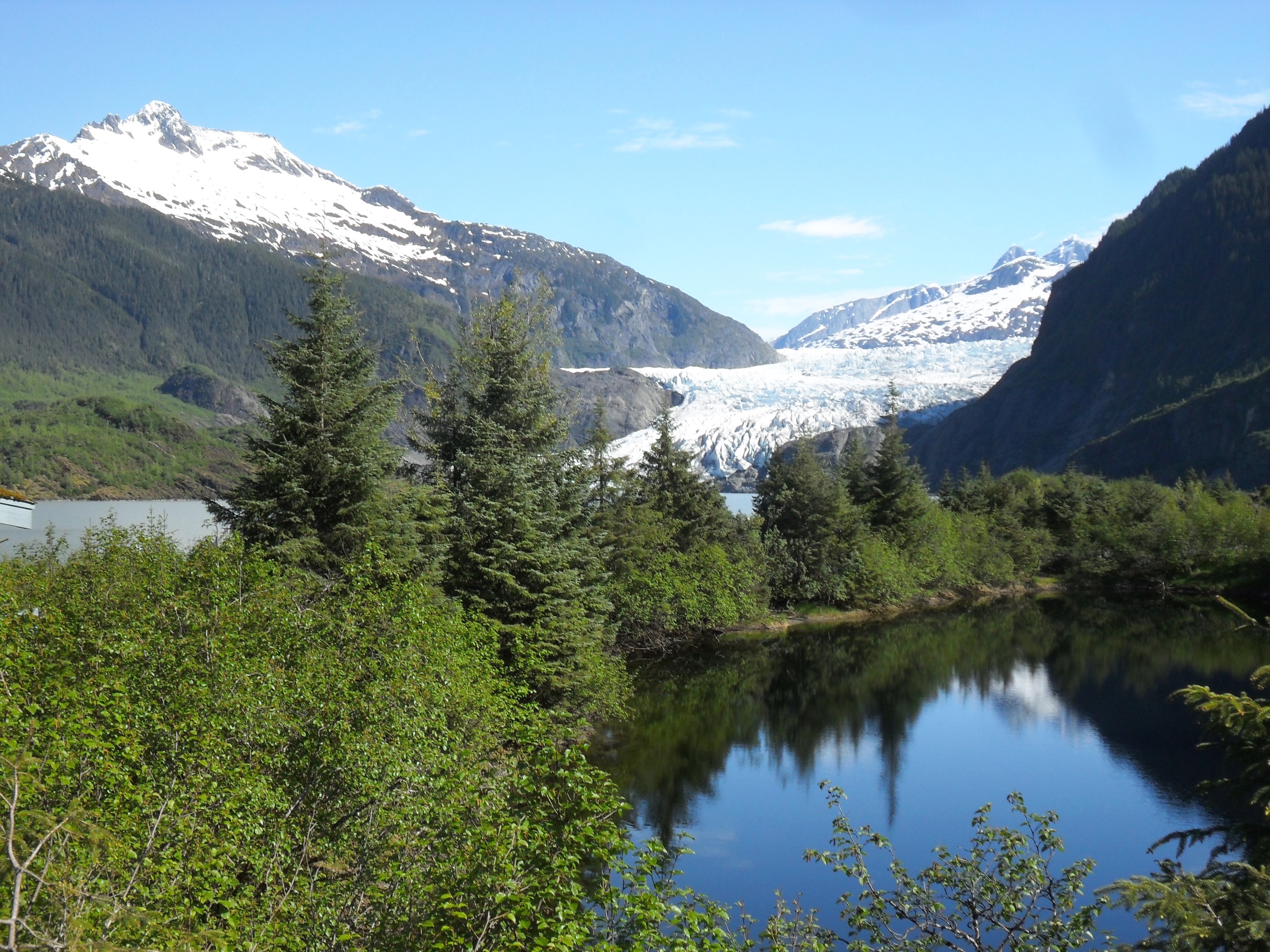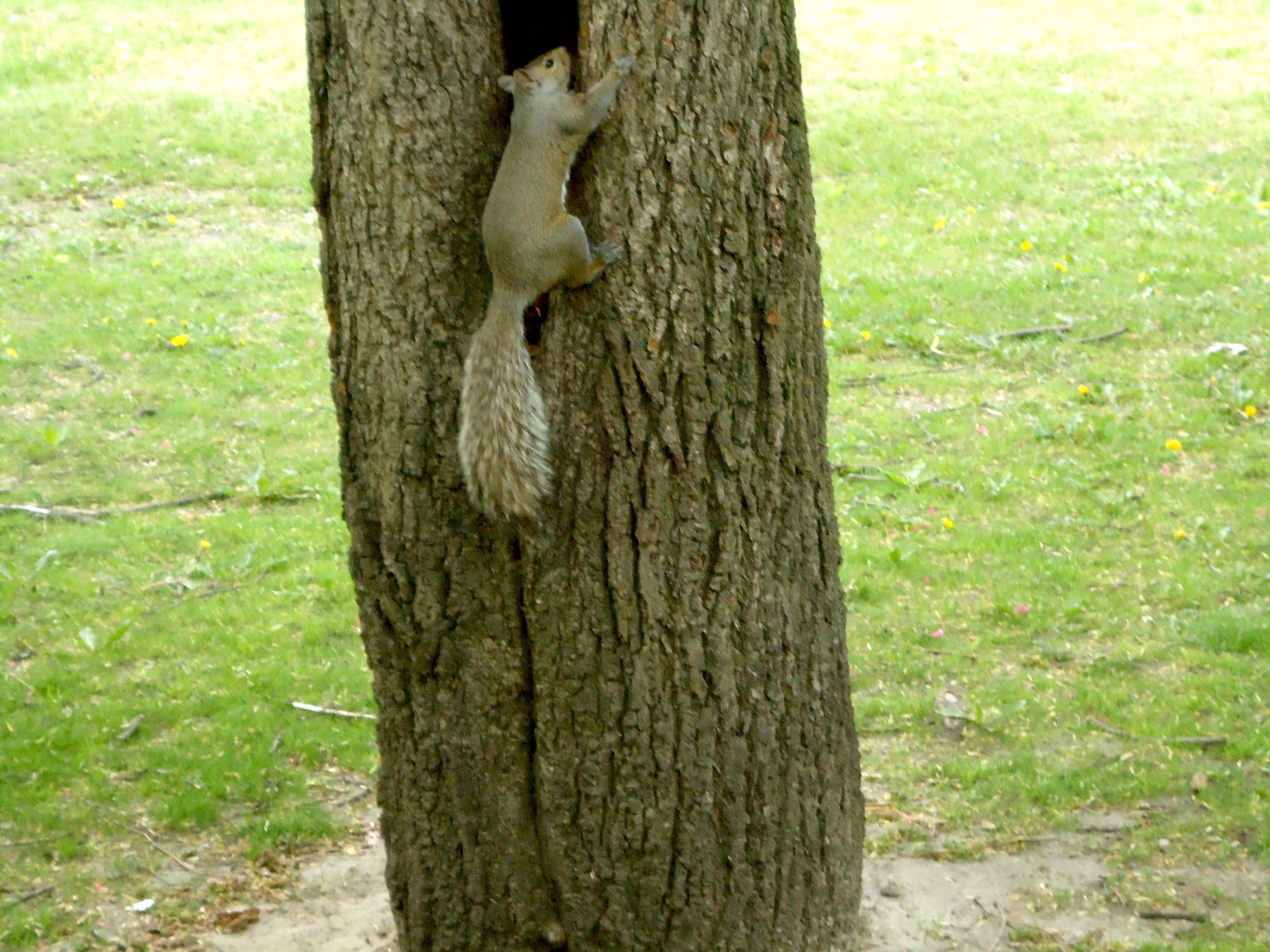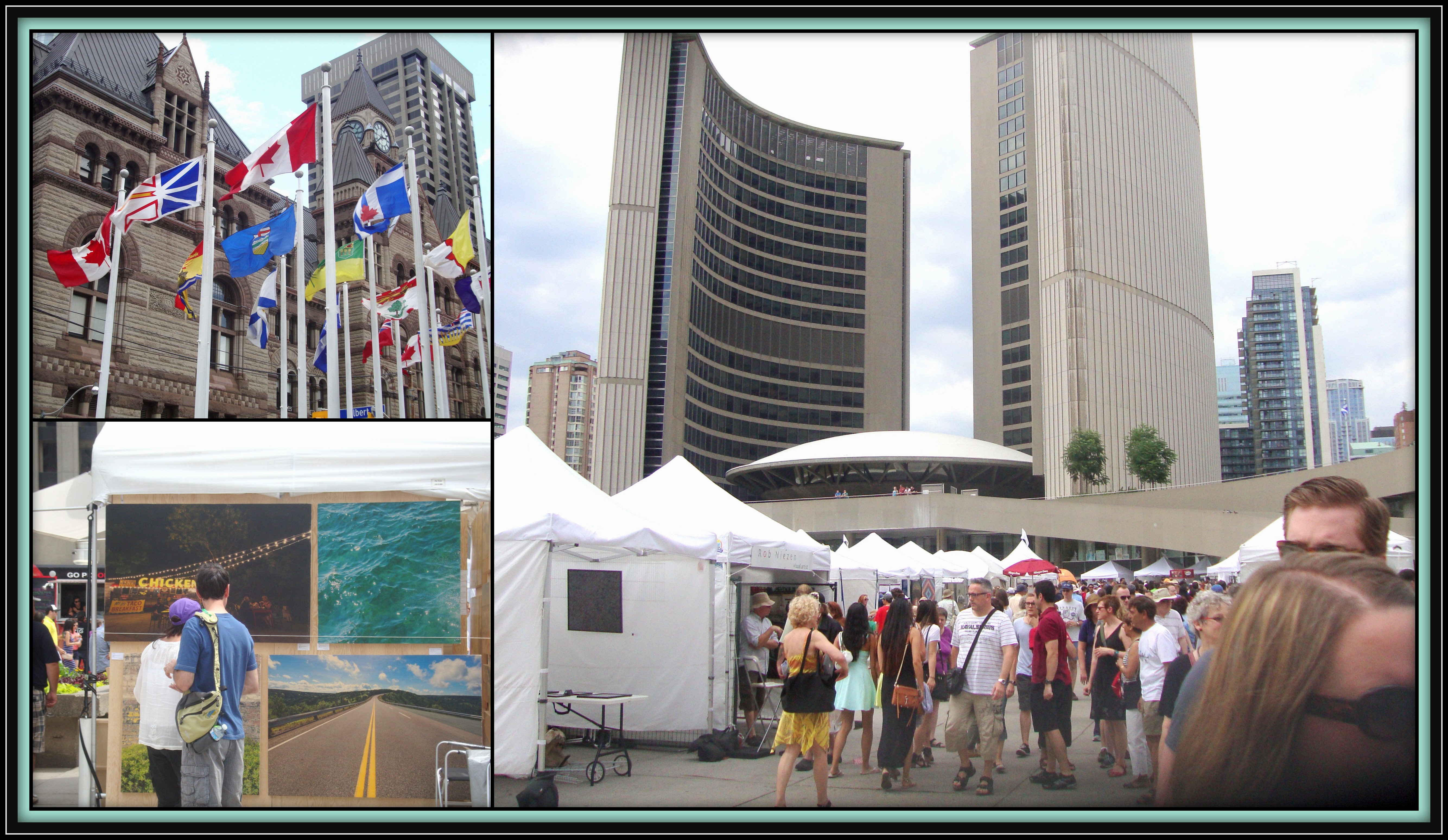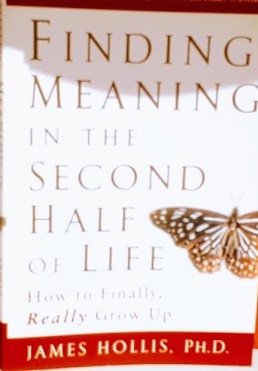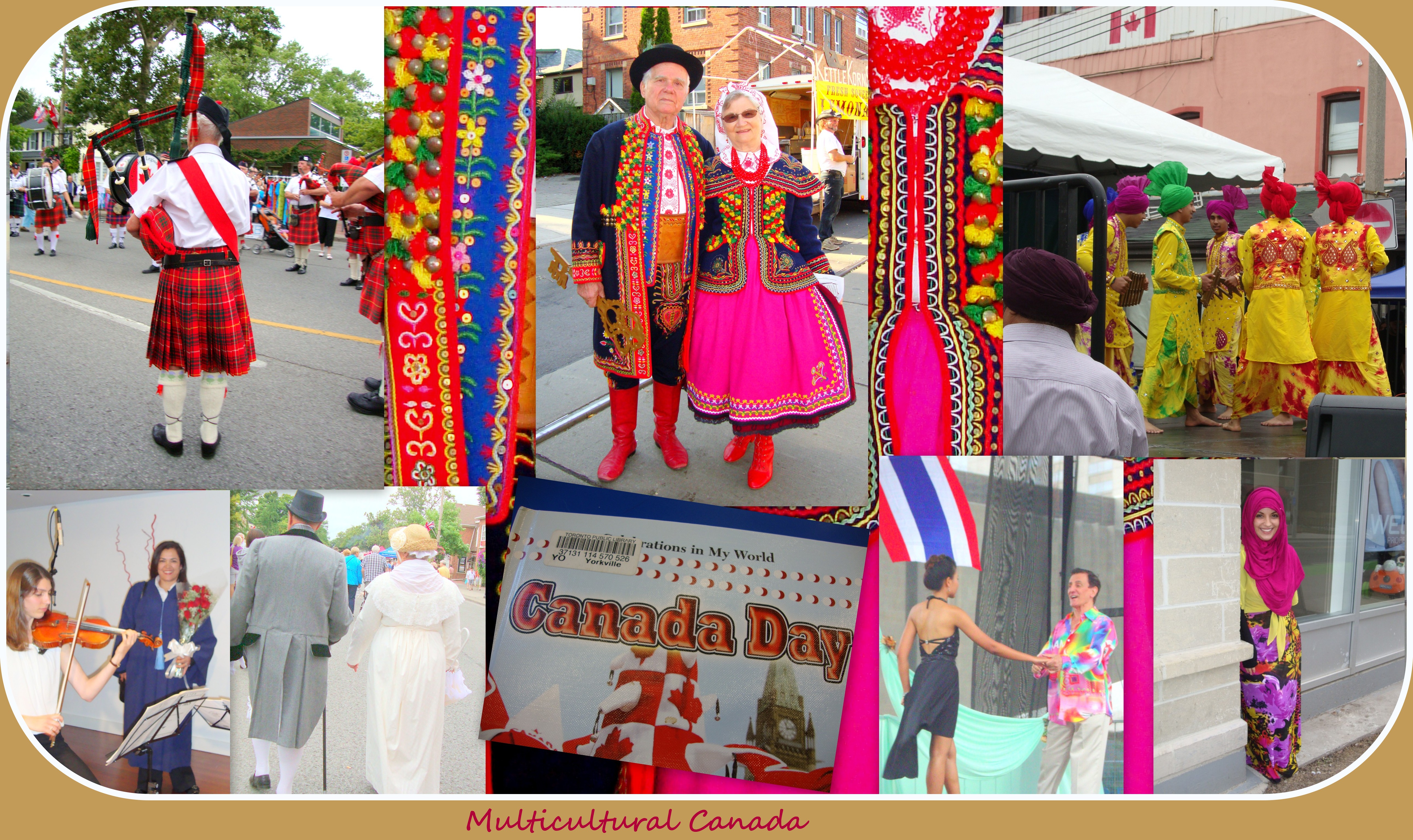Do you recall your “best moments” in life? Was it when you fell in love, your first kiss, the birth of your first child or that beautiful sunset that stirred something deep within your heart? It might have been that trip to Bali or some other exotic place that you wished would never end. How about that day when you walked across the stage and received your University degree?
Those moments that are supposed to leave us breathless and wanting more of them because they were so good. Of course, it could be some or all of those things or none of them. Because we’re vastly different people and have vastly different experiences, our answers are sure to reflect the stage of life we’re at, our expectations and biases, and the kind of mindset we happen to have. Many other factors come into play as well. I came across an interesting passage in a book on “Flow” by Mihaly Csiksgentmihalyi in which he says:
The best moments in our lives are not the passive, receptive, relaxing times…the best moments usually occur when a person’s body or mind is stretched to it’s limit in a voluntary effort to accomplish something difficult and worthwhile.
Csiksgentmihalyi is a Hungarian-American psychologist who’s written several books and is best known for naming the psychological state called “flow.” His definition of flow is:
“A state in which people are so involved in an activity that nothing else seems to matter; the experience is so enjoyable that people will continue to do it even at great cost, for the sheer sake of doing it.”
My idea of the best moments of life has radically changed over the years. I found what he says very interesting since during my school years, I always longed for the holidays. During my working life, I longed for vacation time. It seems as though it was never in the struggle for achievement and mastery that I found “my best moments.” My mindset was geared to leisure time being that hallowed time where my best moments would transpire. So his concept about the “best moments” completely surprised me.
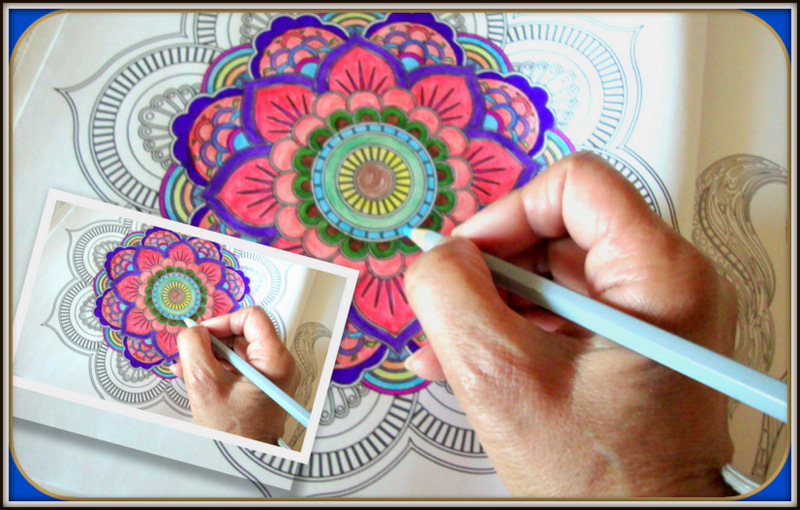
Like the vast majority of people, I thought studying was to help me to get a good job to make a good salary. Money was the focus behind all the hard work. When I did find a job, in fact many jobs, I saw them as taking time away from me – time in which I could participate in other activities I wanted to pursue and enjoy. Money was very important, of course, but I sensed that time was very important too. During my working days, I have always felt that my employers thought that I didn’t have anything else to do but their work.
I recall well the period when I took time instead of money for extra time that I was asked to put in. I felt overwhelmed and overworked, and that I needed time to be able to get some rest and recoup. Money ceased to be as important as my time. I only recently found out that this condition is called Time Poverty.
The opposite of this state is Time Affluence. The Harvard Professor, Tal Ben-Shahar who wrote the book called “Happier” describes both this way.
Time affluence is the feeling that one has sufficient time to pursue activities that are personally meaningful, to reflect, to engage in leisure. Time poverty is the feeling that one is constantly stressed, rushed, overworked, and behind. All we have to do is look around us and often within ourselves to realize the pervasiveness of time poverty in our culture.
I’m very pleased to know about Time Affluence and to be able to give a name to what I experienced when I took time for work instead of money. It seems to me that Time Affluence is something we should all factor into our lives and be aware of. If we care about ourselves, we have to take the time to take care of ourselves. Those could be some of the best moments of our lives.
“Taking care of myself doesn’t mean ‘me first.’ It means ‘me, too.”
―
As with all learning and life experience, there is change. What one thought was the norm at one stage becomes less so at another. The research is always changing and new perspectives are being presented for us to evaluate and use if they make sense to our individual situation. This happens too with “best moments.” Those too can change. Those times when I longed for the holidays and thought that those would be the best moments of my days – were just a few of the best moments.
As you get older you realise that nothing lasts forever. It’s not depressing, but it does make moments more intense. ~ Victoria Legrand
There are many moments one can consider to be one’s “best moments” later in life, as I am now. I’m happy to wake up in the morning and be able to appreciate all the good there is around me. I’m grateful if my knee isn’t paining me. I’m grateful for the sunshine, for another day of life, for family and friends, for the place I live in, and activities to be involved in. I no longer have to concern myself with the pursuits of younger days. It doesn’t matter when the holidays arrive now and they aren’t that urgent. Some of my best moments are quiet ones and they contain lots of gratitude.
“Gratitude doesn’t change the scenery. It merely washes clean the glass you look through so you can clearly see the colors.” ~ Richelle E. Goodrich
Needless to say, although I have time, it goes quickly. I don’t spend it lying on a beach, in front of television, or reading the newspapers – although I do those things from time to time. I attended a line dancing class in my condo this morning given by a professional dancer. He wasn’t easy on us but forced us to learn new dance steps and complete two routines that he taught us. We stretched not only our bodies but our minds. We attended of our own accord. Hopefully, we will all become stronger and healthier as a result of this vigorous exercise and have fun every week as well.
“Time is the single most important resource that we have. Every single minute we lose is never coming back.”
―

